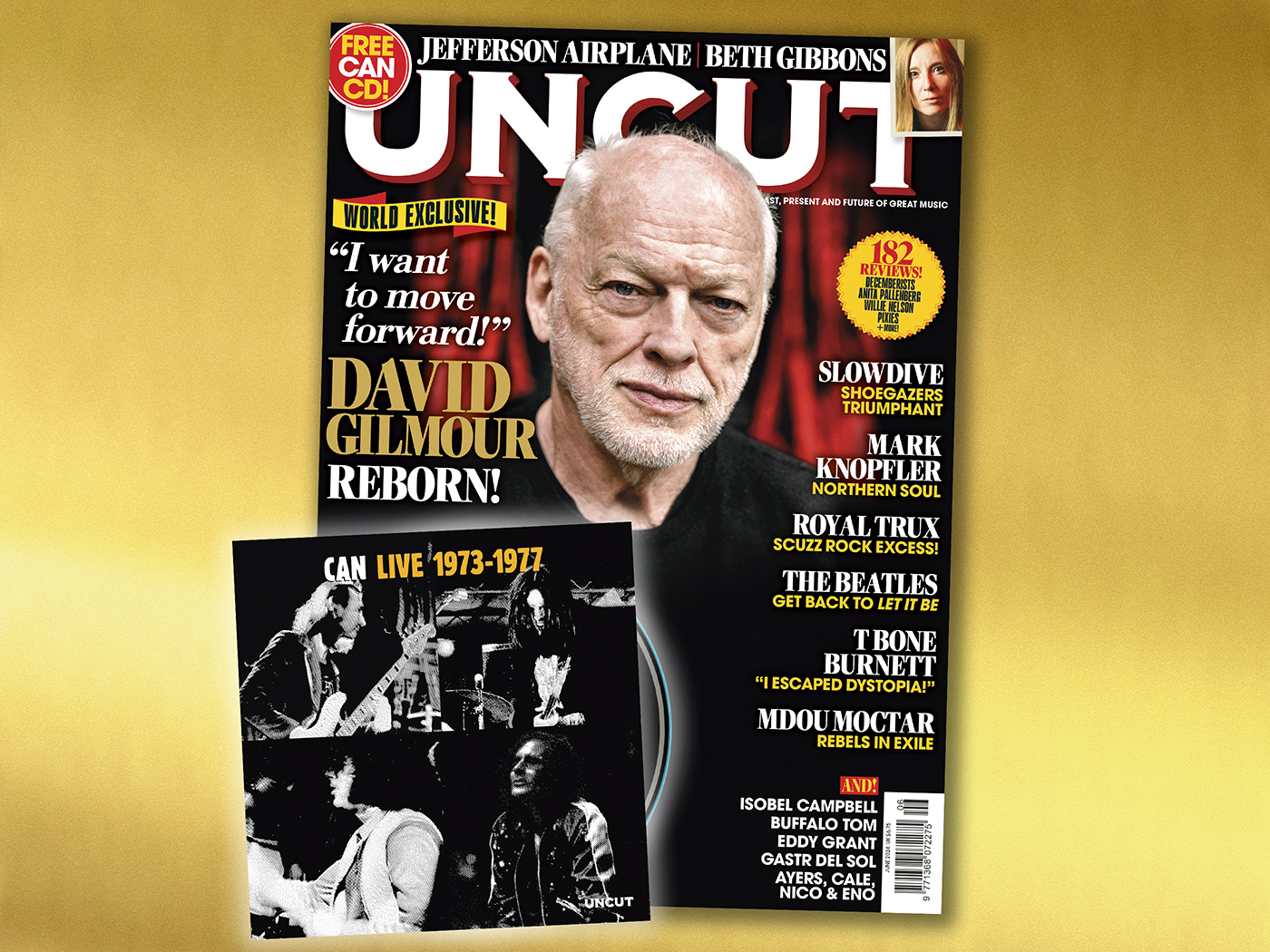
Beyoncé has been criticised for using an ableist slur on her new album ‘Renaissance’.
- READ MORE: Beyoncé’s new song ‘Break My Soul’ is a confidence-oozing comeback that embraces nu-disco
The star faced a backlash over the use of an offensive term on her new track ‘Heated’, where Beyoncé sings: “Sp***in’ on that ass, sp** on that ass,” towards the end of the song.
While used colloquially in the United States with a similar meaning to “freak out” or “go crazy”, the term emerges from the word “spastic”, which is used medically to describe the spasms one might experience from a condition like cerebral palsy. The term is often used in a derogative manner to describe those with disabilities, especially cerebral palsy.
It comes just weeks after Lizzo also received a backlash over an ableist lyric in her single ‘Grrrls’, which she has since addressed and altered.
So @Beyonce used the word 'spaz' in her new song Heated. Feels like a slap in the face to me, the disabled community & the progress we tried to make with Lizzo. Guess I'll just keep telling the whole industry to 'do better' until ableist slurs disappear from music ?
— Hannah Diviney (@hannah_diviney) July 30, 2022
“So @Beyonce used the word ‘sp**’ in her new song ‘Heated’. Feels like a slap in the face to me, the disabled community and the progress we tried to make with Lizzo,” wrote disability advocate Hannah Diviney.
“Guess I’ll just keep telling the whole industry to ‘do better’ until ableist slurs disappear from music.”
Another added: “Screw you @beyonce. You should be a role model, not making money from the lazy use of derogatory language. Shame on you.”
Screw you @Beyonce . You should be a role model, not making money from the lazy use of derogatory language. Shame on youhttps://t.co/xYc3cEH4fA
— Mike Smith (@mikedgsmith) August 1, 2022
Here we are again.
Not long after ableist language from Lizzo, Beyoncé’s new album features an ableist slur not once, but twice.
Disabled people’s experiences are not fodder for song lyrics. This must stop.https://t.co/UJXrJxdtXf
— Scope (@scope) August 1, 2022
Meanwhile, Scope also took to Twitter to criticise the singer. “Here we are again. Not long after ableist language from Lizzo, Beyoncé’s new album features an ableist slur not once, but twice. Disabled people’s experiences are not fodder for song lyrics. This must stop.”
NME has contacted Beyoncé’s publicist for comment.
Following criticism of her single, Lizzo responded in a statement posted to her social media, writing: “Let me make one thing clear: I never want to promote derogatory language. As a fat black woman in America, I’ve had many hurtful words used against me so I overstand [sic] the power words can have (whether intentionally or in my case, unintentionally).”
She went on to say that the altered lyric came as a direct result of her “listening [to her critics] and taking action”, further noting: “As an influential artist, I’m dedicated to being part of the change I’ve been waiting to see in the world.”
Last week, Kelis also criticised Beyoncé after she claimed that she was sampled on ‘Renaissance’ without granting permission.








